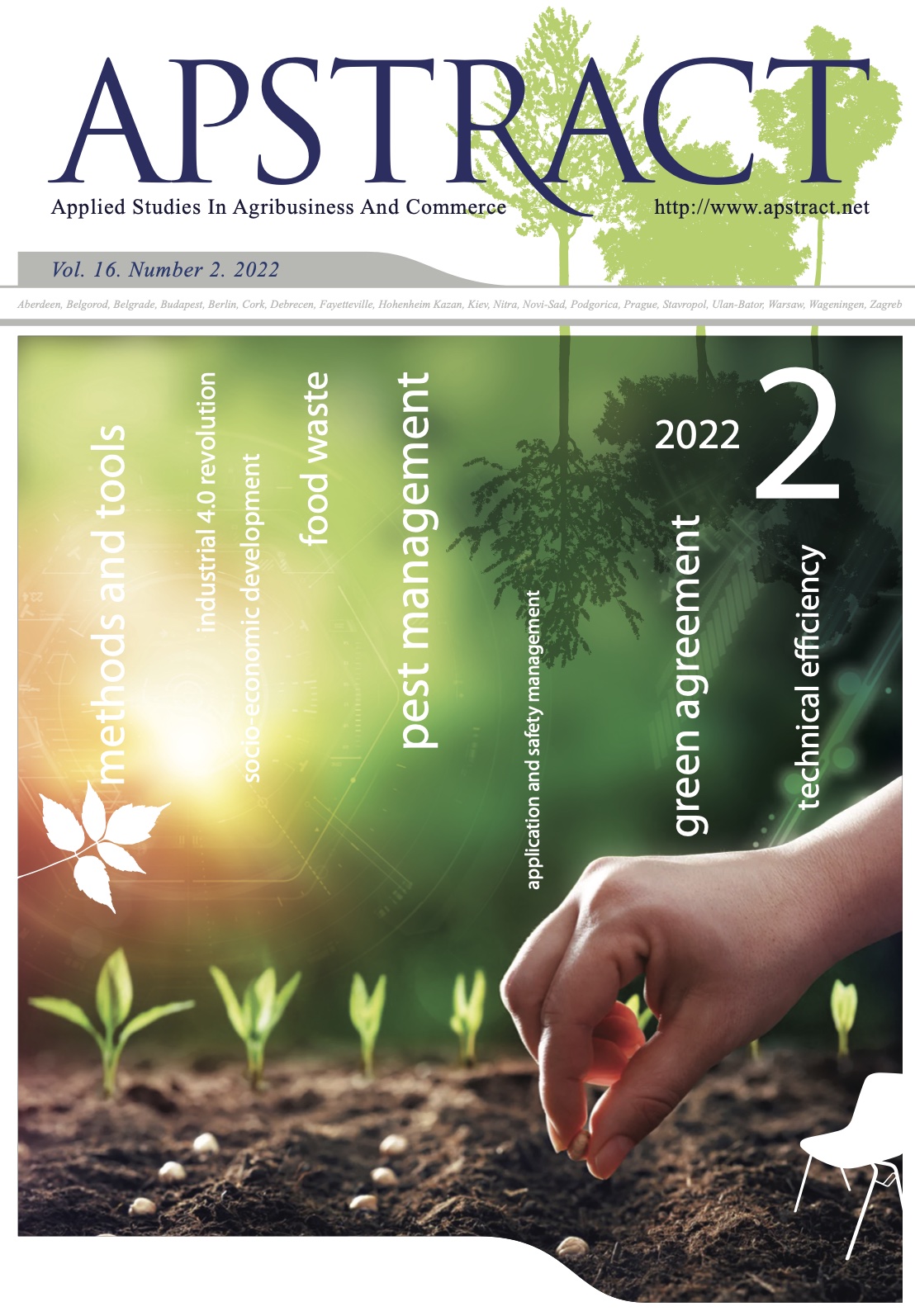Driving factors behind Uganda’s rural pastoral communities’ social-economic status; a comparison between Karamoja Region and Ankole Region
Author
View
Keywords
How To Cite
Accepted 2023-02-12
Published 2022-12-30
Abstract
This study aimed to analyze the social-economic status of Karamoja, Uganda’s largest pastoral region that has consistently stood out as the least developed region in Uganda. The region is naturally endowed with a variety of minerals such as marble, limestone, gold, etc. This has attracted (both local and international) artisanal and small-scale miners into the region whose contribution to the region’s development seem negligible. The Majority of the residents derive their livelihoods from livestock as a primary source. Three major rural development aspects i.e., social, ecological, and economic dimensions were assessed and compared to the Ankole region, one of Uganda’s rural pastoral regions that have over time registered progress in livestock production and regional development. Based on this comparison, similarities and differences can be identified and used to build the foundation for the development of a SWOT analysis that will focus on the Strength, weaknesses, opportunities, and threats that exist in this rural pastoral region of Karamoja. This study creates a cornerstone for developing sustainable rural development strategies based on a focused analysis of sociological factors that are fundamental in unmasking the ground reality in the region.


 https://doi.org/10.19041/APSTRACT/2022/2/3
https://doi.org/10.19041/APSTRACT/2022/2/3




